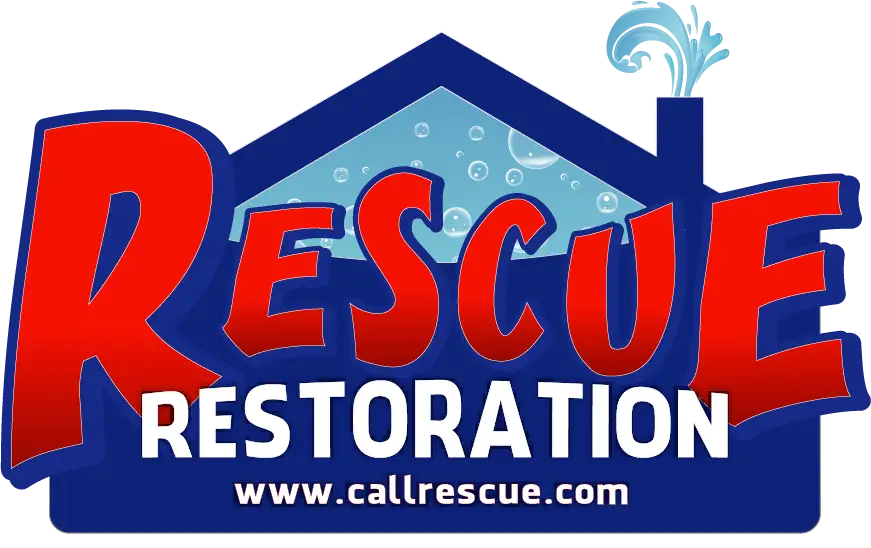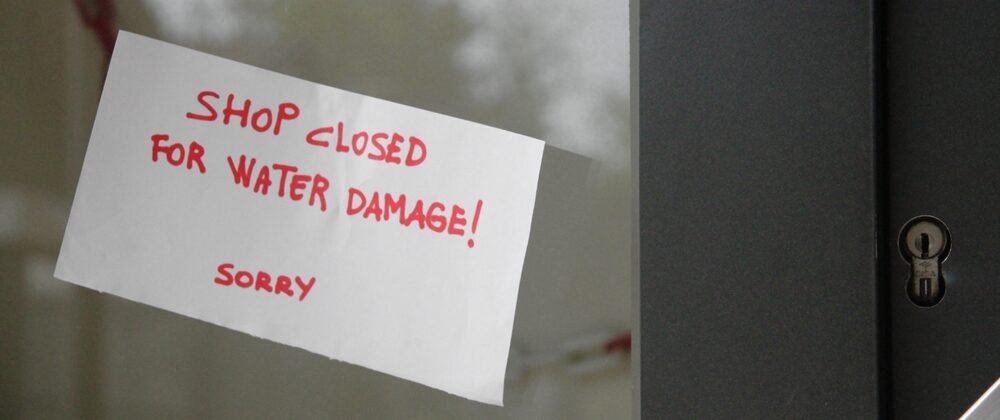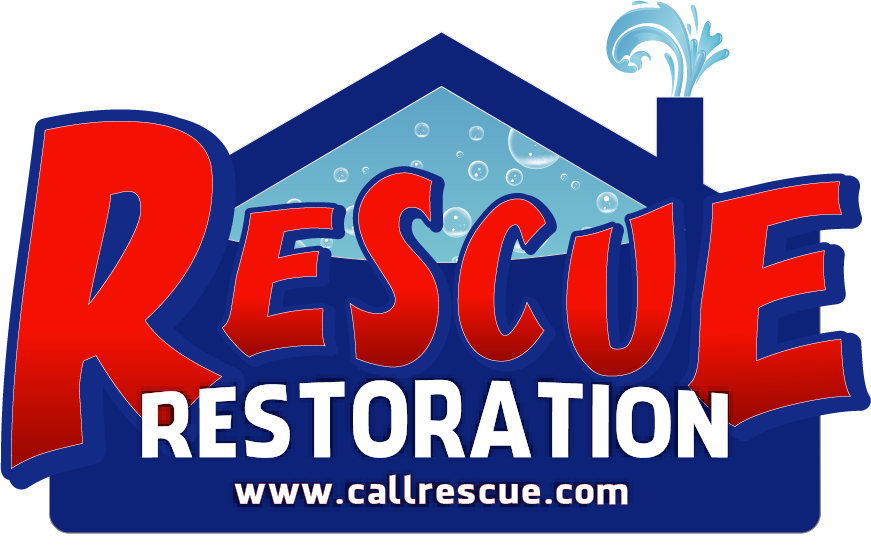What to Do When Your Commercial Property Suffers Water Damage
Dealing with water damage in your commercial property feels like a punch to the gut, doesn’t it? One minute everything’s humming along, and the next you’re staring at a soggy mess, wondering where to even begin. It’s disruptive, stressful, and let’s be honest, a real headache. But don’t panic! While it’s definitely not a walk in the park, knowing the right steps can make a huge difference in minimizing the damage and getting back to business.
So, what do you do when the unthinkable happens and you’re facing down a waterlogged property? Let’s dive in!
1. First Things First – Safety
Seriously, this can’t be stressed enough. Before you even think about assessing the damage, make sure everyone is safe.
- Electricity and Water Don’t Mix: If there’s any chance at all that water has come into contact with electrical outlets or wiring, don’t go near it! Turn off the main power supply if you can do so safely. If not, call an electrician immediately.
- Watch Your Step: Wet floors are slippery floors. Be mindful of where you’re walking to avoid any falls.
- Potential Hazards: Depending on the source of the water damage (think sewage backup), there could be contaminants present. Wear personal protective equipment (PPE), like gloves and boots, if you have them.
2. Stop the Water (If Safe To Do So)
Once you’ve ensured everyone’s safe, your next priority is to stop the water source, if possible.
- Identify the Culprit: Is it a burst pipe? A leaky roof? An overflowing toilet? Pinpointing the source is crucial.
- Turn It Off: If it’s a pipe, locate the shut-off valve and turn it off. For a roof leak, try to contain the water with buckets or tarps. If it’s something you can’t handle yourself, call a professional plumber or roofer ASAP.
3. Make Sure To Document EVERYTHING
This might feel like a pain when you’re dealing with the immediate aftermath, but trust me, thorough documentation is your bestie when it comes to insurance claims.
- Take Photos and Videos: Capture everything – the source of the water, the extent of the damage, affected areas, and any damaged contents. The more visual evidence you have, the better.
- Keep Records: Jot down notes about when you discovered the damage, the steps you’ve taken, and any communication you have with professionals or your insurance company.
4. Call the Professionals
Alright, so now it’s time to call in the cavalry! Unless it’s a very minor issue, dealing with commercial water damage is usually not a DIY project. Bringing in the experts is key.
- Water Damage Restoration Specialists: These folks are the pros at extracting water, drying out your property, and preventing mold growth. They have specialized equipment and know-how to handle the job effectively.
- Your Insurance Company: Contact them as soon as possible to report the damage and understand your coverage. They can guide you through the claims process and may have preferred vendors for restoration services.
5. Quick Action is Crucial
Water damage doesn’t just sit there; it spreads and causes more issues over time. Prompt action is crucial.
- Remove Standing Water: The sooner you get rid of the water, the less damage it can cause. Restoration specialists will have powerful pumps for this.
- Increase Ventilation: Open windows and doors (if weather permits and it’s safe) to help air circulate and dry things out. Fans and dehumidifiers can also be incredibly helpful.
- Protect Undamaged Areas: Try to move unaffected items to dry areas or cover them to prevent further damage.
6. Take an Inventory and Assessment
Once the initial crisis is under control, you’ll need to take stock of the damage.
- Detailed Inventory: Create a list of all damaged items, including furniture, equipment, inventory, and structural elements. Note their condition and any estimated value if possible.
- Professional Assessment: Have the restoration specialists thoroughly assess the extent of the structural damage, including walls, floors, and ceilings. They can also check for hidden moisture and potential mold growth.
7. Look Ahead: Prevention is Better Than Cure
While you’re dealing with the current situation, it’s also a good time to think about preventing future water damage.
- Regular Maintenance: Schedule regular plumbing, roof, and HVAC maintenance to catch potential problems early.
- Be Aware of Risks: Know the common causes of water damage in your area (e.g., heavy rainfall, frozen pipes) and take preventative measures.
- Review Your Insurance: Make sure your commercial property insurance policy adequately covers water damage and understand your deductible.
Contact Rescue Restoration for Commercial Water Damage Services in DFW and the Surrounding Areas
Dealing with commercial water damage is undoubtedly stressful, but by acting quickly, prioritizing safety, documenting everything, and bringing in the professionals, you can navigate this challenging situation and get your business back on track. For commercial water damage restoration in DFW, contact Rescue Restoration!















